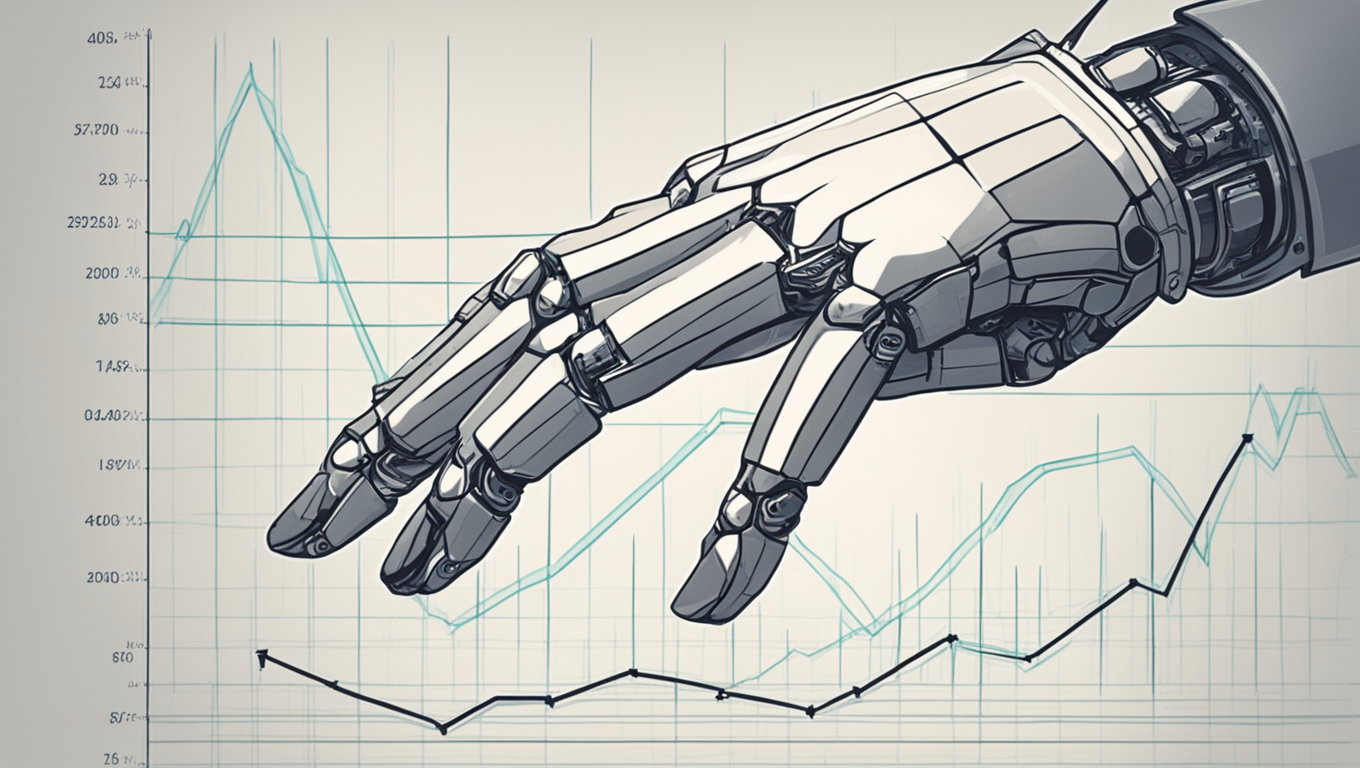Boosting Productivity: AI’s Impact on Professional Services & IT Sectors
In a recent report released by accountancy firm PwC, it has been revealed that the industries most likely to implement artificial intelligence are experiencing a significant growth in productivity. The report states that productivity in professional and financial services, as well as information technology, grew at a rate of 4.3 percent between 2018 and 2022. This is in stark contrast to the 0.9 percent growth seen in industries such as construction, manufacturing, retail, food, and transport. The data suggests that the rise of AI could be the key to breaking free from the low productivity rut that has plagued economies worldwide. By boosting productivity, AI has the potential to drive economic growth, increase wages, and enhance living standards.
Carol Stubbings, leader of PwC Global Markets and Tax & Legal Services, commented on the findings of the report, stating that highly productive sectors have experienced a faster growth in job advertisements for individuals with AI skills as compared to those without. This indicates that AI is indeed playing a significant role in driving higher productivity in these industries. Stubbings also highlighted that as companies increasingly deploy generative AI, which can be utilized by individuals without AI expertise, the trend of productivity growth is expected to accelerate further. However, she also acknowledged the challenges associated with this rapid transformation. “The challenge with AI, and particularly generative AI, is the speed of the change,” she said.
The impact of AI on the labor market has been a topic of discussion, with the head of the International Monetary Fund, Kristalina Georgieva, likening the arrival of AI to a “tsunami” hitting the global labor market. She predicts that AI will affect approximately 60 percent of jobs in advanced economies over the next two years. The PwC report supports this notion, revealing that jobs that require AI skills, both specialist and non-specialist roles, carried an average premium of 25 percent in the United States and 14 percent in Britain.
To arrive at these conclusions, PwC tracked and analyzed over half a billion job advertisements from 15 developed countries and utilized data from the Organisation for Economic Co-operation and Development. The comprehensive research provides valuable insights into the impact and potential of AI in various industries.
The findings of the PwC report shed light on the transformative power of AI in professional services and IT sectors. The exponential growth in productivity seen in these industries reveals the immense potential that AI holds for boosting economies, increasing job opportunities, and improving living standards. With the increasing utilization of generative AI by non-experts, the proliferation of AI skills is expected to accelerate further, ushering in a new era of productivity and growth. However, while the benefits are clear, it is important to address the challenges associated with this rapid transformation to ensure a smooth transition into an AI-driven future.





Use the share button below if you liked it.